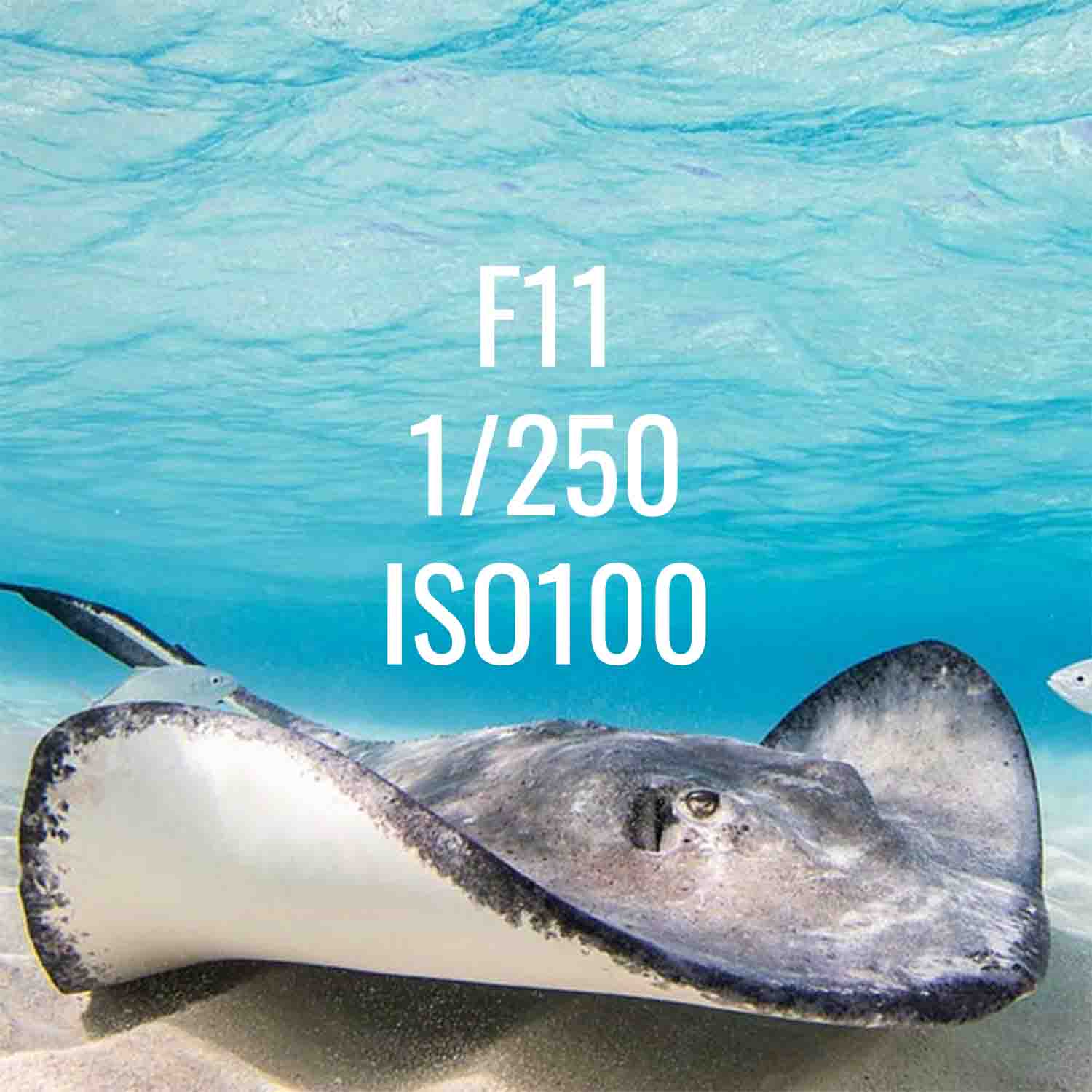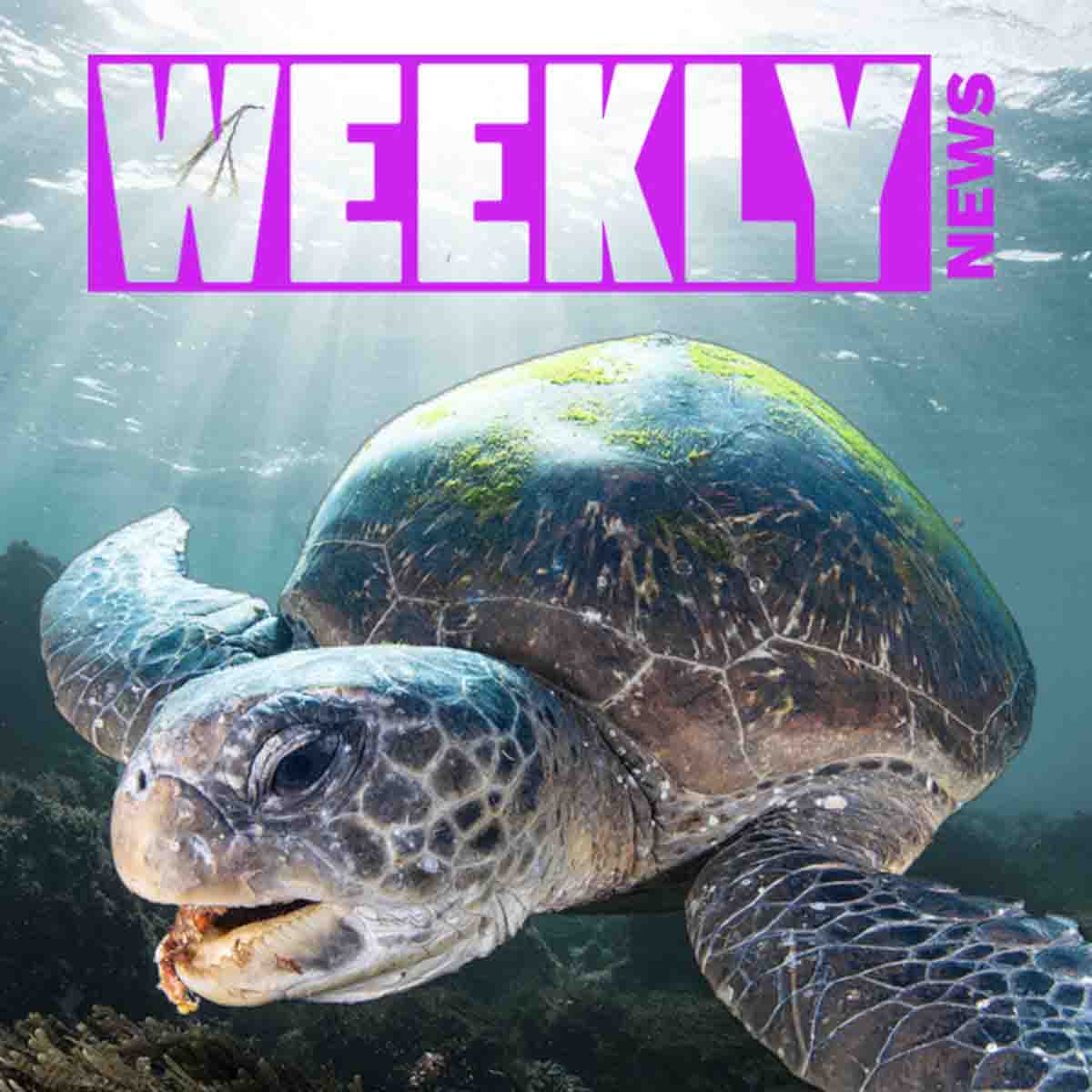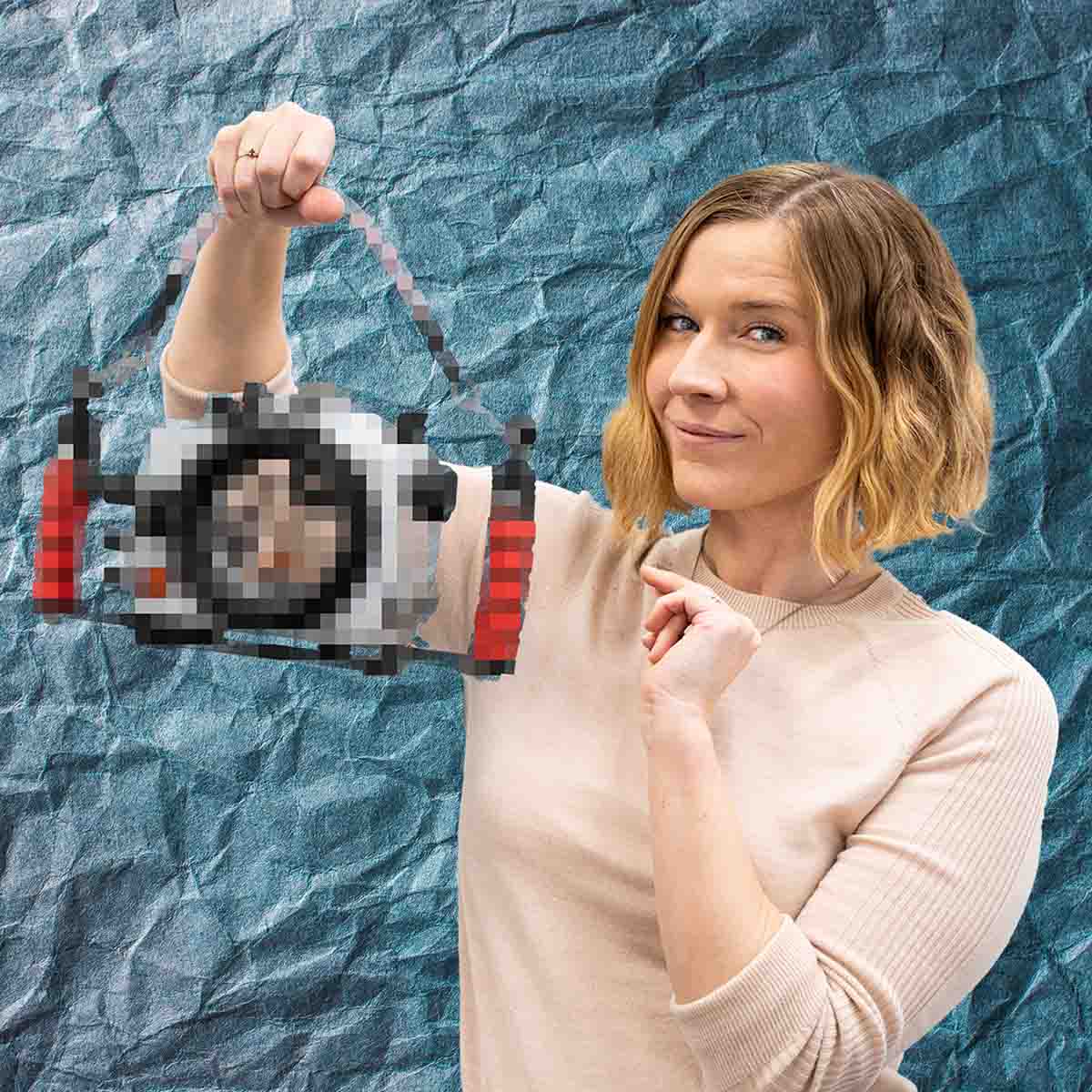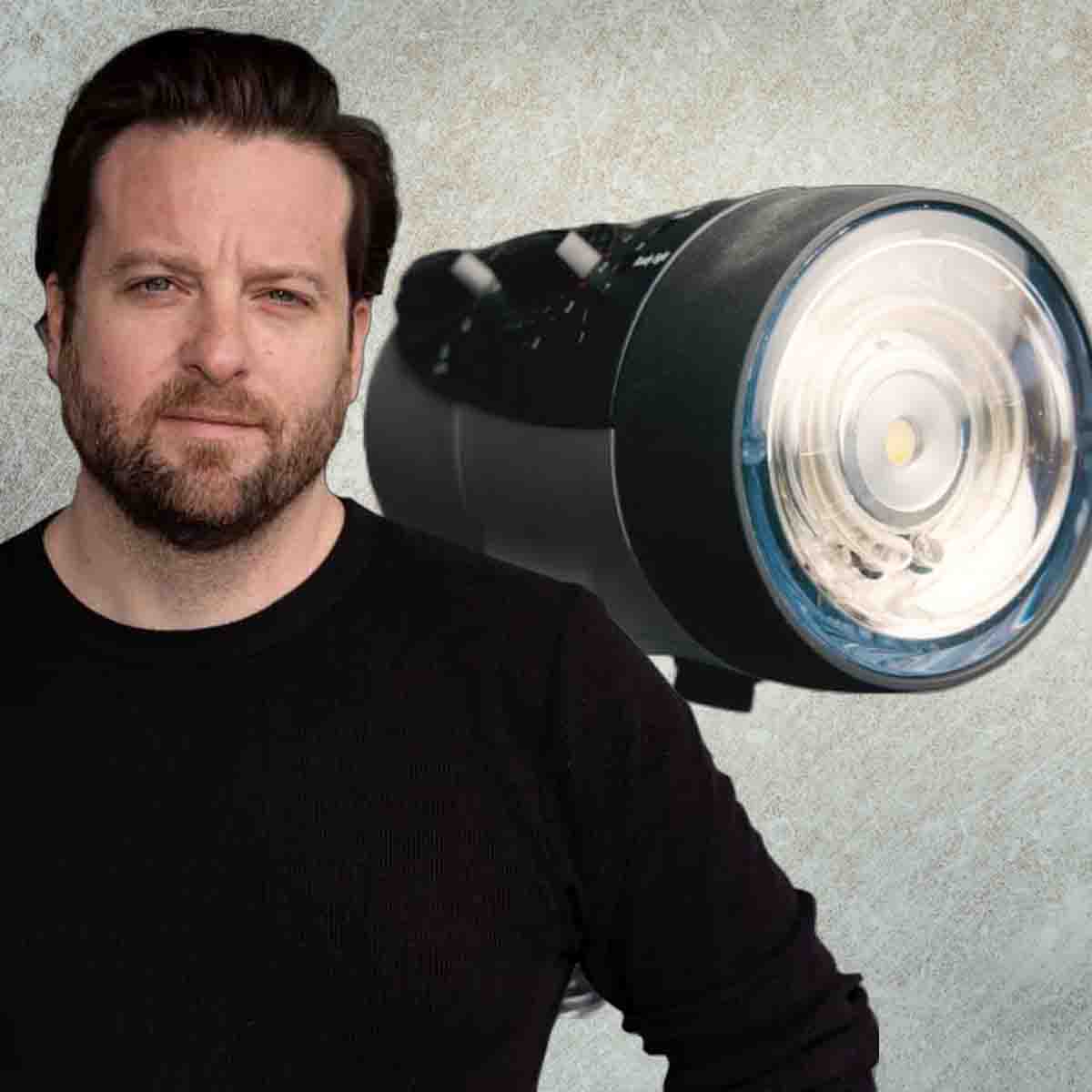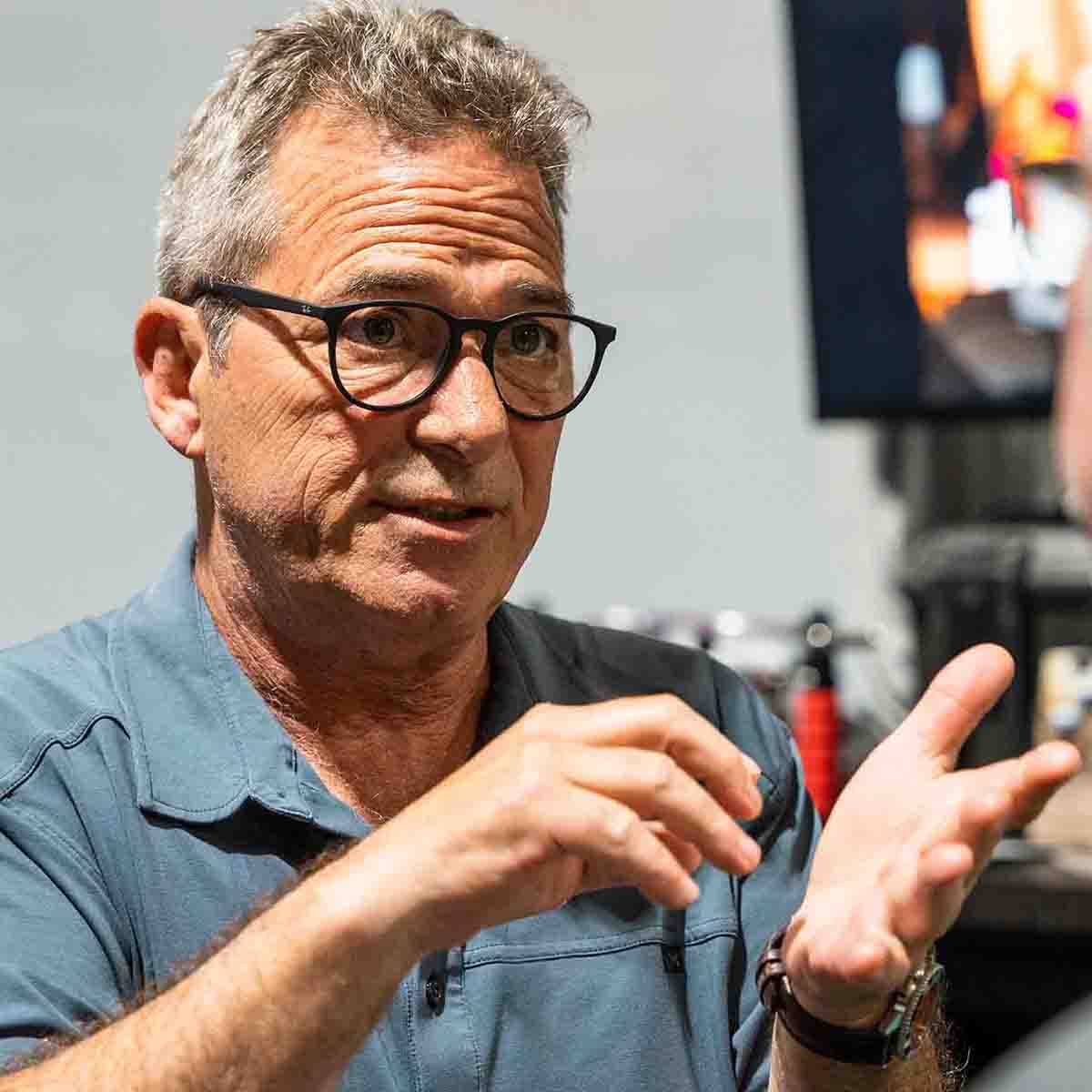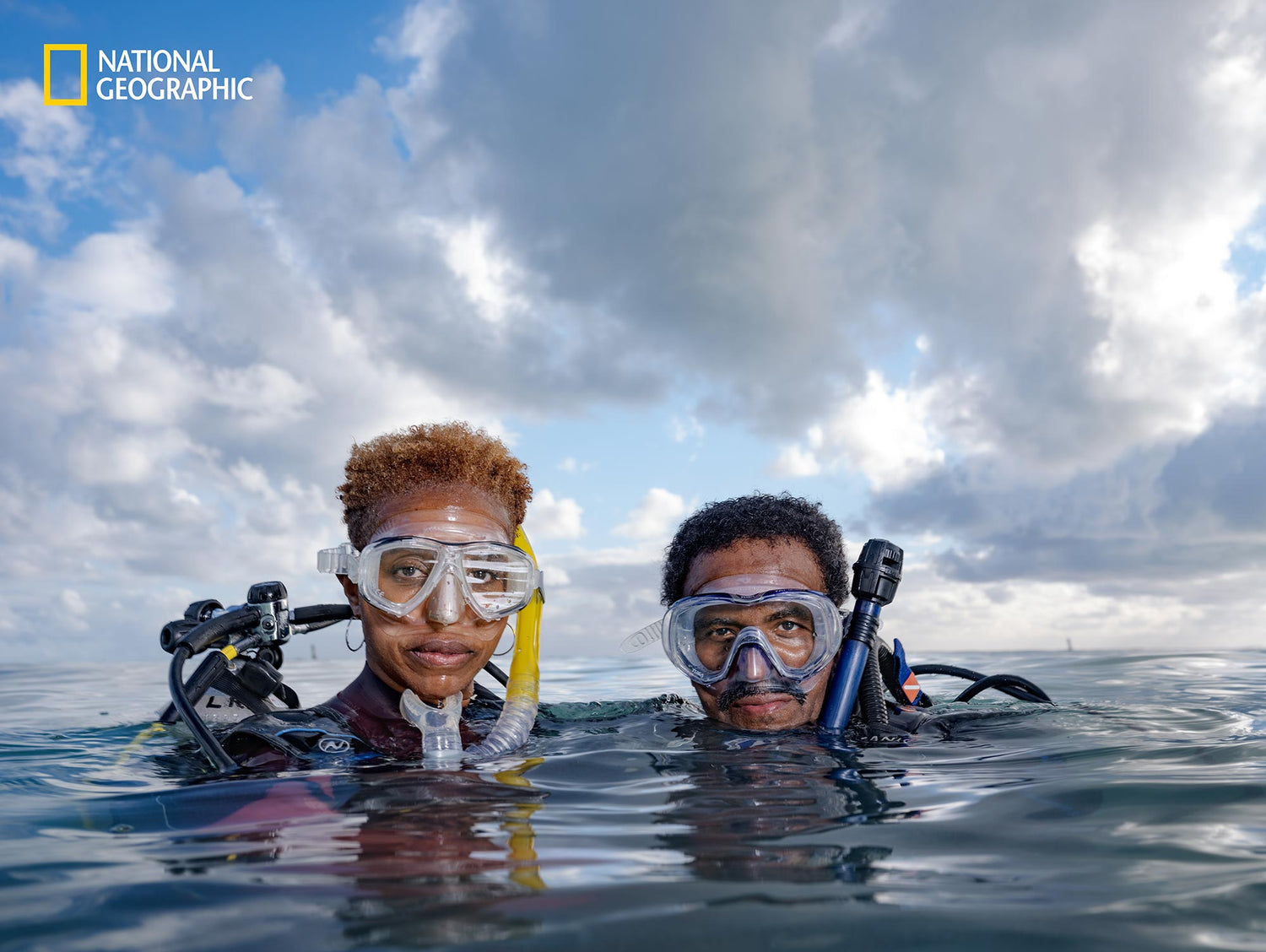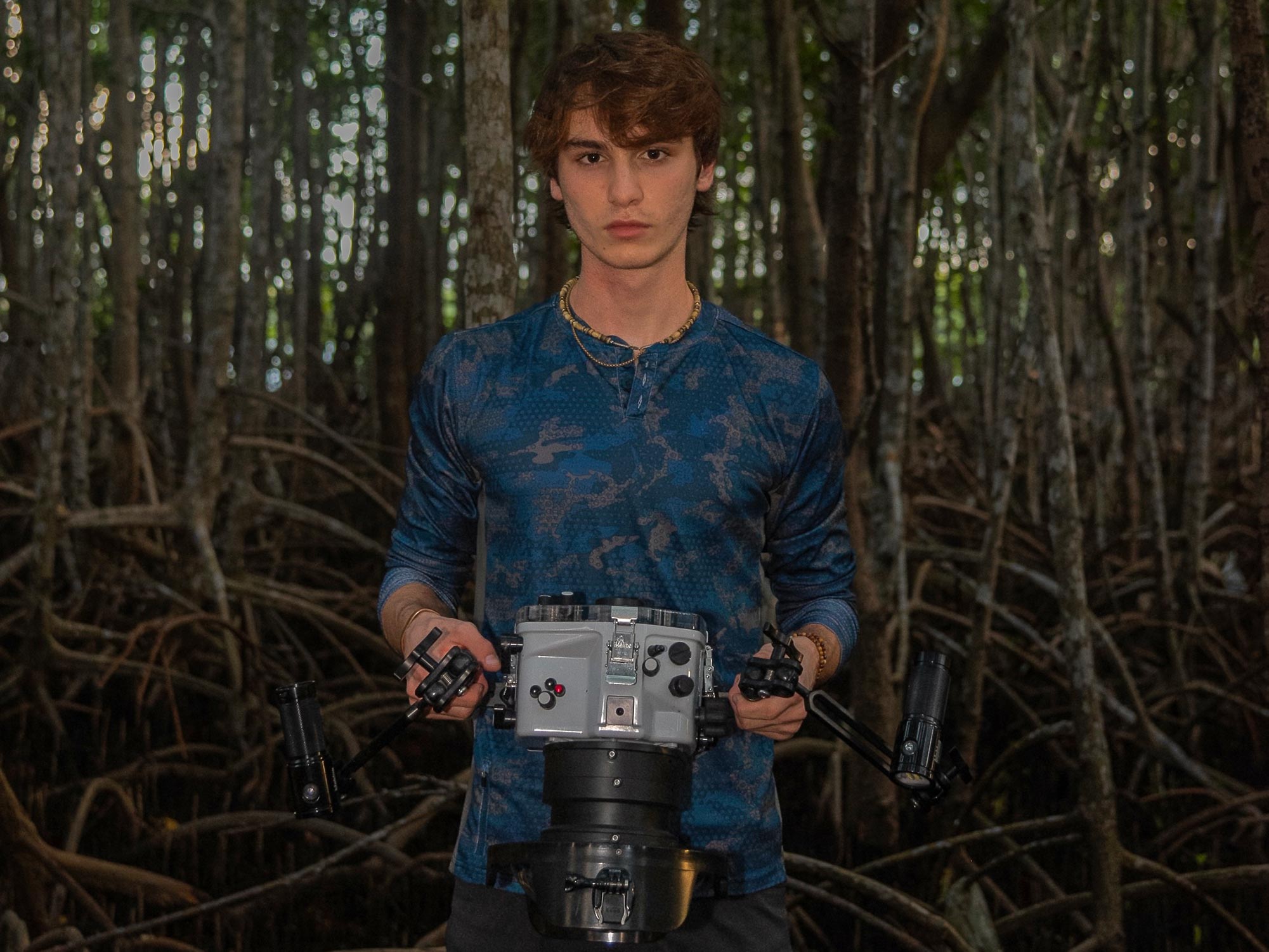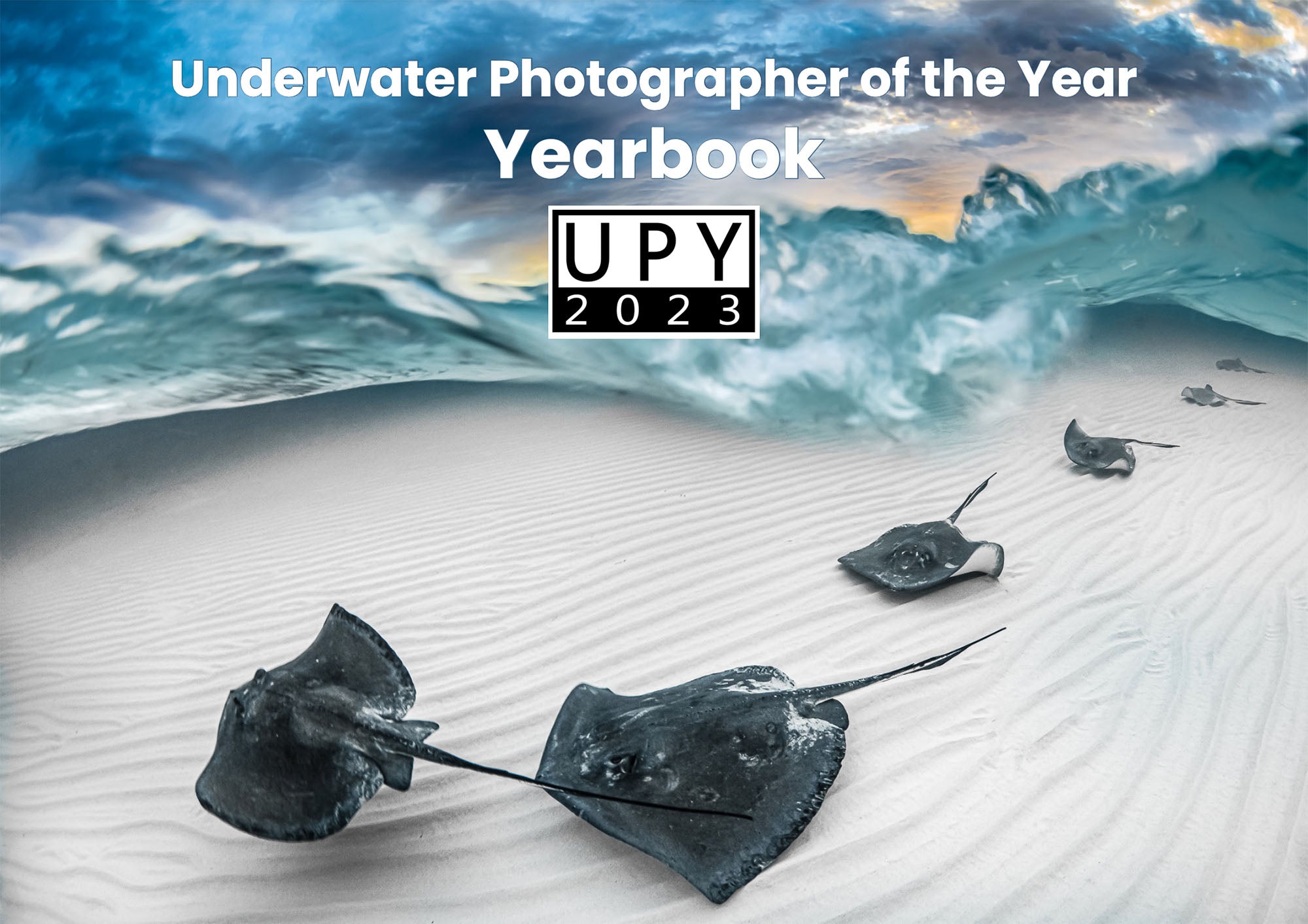An Interview with Tara Roberts by Denise Pietsch
Images courtesy National Geographic and Tara Roberts

Image courtesy National Geographic
I could tell from the title that National Geographic’s Into the Depths podcast would be a natural fit for Our Favorite Underwater Photography Podcasts series. This six-part podcast series was so moving to me though that I knew I wanted to do more than just feature a short synopsis. So I reached out to Tara Roberts, the woman behind Into the Depths, to hear more about her story, or what she calls her “amazing unfolding.”
Into the Depths chronicles one woman’s journey from successful, but perhaps enervated, non-profit marketer (and former journalist) who found her way into a scuba diving journey which would lead her on a path not just underwater but through her ancestral roots, the history of the transatlantic slave trade, shipwrecks, and ultimately through passion, curiosity, and healing.
“I happened to visit the National Museum of African American History and Culture in Washington, DC. There I came across this picture of a group of Black women in wet suits on a boat. The picture really sparked my imagination and curiosity and when I looked, I discovered that they were part of this group called Diving with a Purpose (DWP). I found out what DWP did and was astonished.
“They were this group of primarily Black scuba divers who searched for and helped document slave shipwrecks around the world. So, I was like ‘People who look like me are doing this incredible work.’ I wanted to be a part of it. I wasn’t thinking about doing storytelling, I just wanted to be a part of it. And so, they invited me to come join them.”

"Tara recording trilateration measurement to artifact for the purpose of plotting information on the site map." Photo © Chris Searles
Getting Certified With a Purpose
Training is necessary to obtain the skills needed to crack the surface of underwater archaeology. “First, I had to get my scuba certification… I don’t think that I really had a relationship with the ocean before this. So doing this work, participating in this kind of diving, it opened up the world of the ocean to me. I didn’t even know about the ocean’s challenges, what was happening. So, this has been an incredible, eye opening, learning opportunity for me. And it’s been really beautiful.”
“[Certification] was a three-month course, and so I got to know a number of the people who were part of DWP. I thought they were just incredible human beings and I thought that their passionate commitment to this work was amazing and that’s when I was like ‘Somebody should tell their story… Oh wait, I’m a journalist. I can tell this story.’
“So, I quit my job, and I thought, ‘I don’t know how I’m going to tell this story and I don’t know how I’m going to get funding for it. I don’t know any of the details, all I know is that I want to tell this story and that it feels like devoting my time to doing it is important.’”

"Tara Roberts in front of the Marcus Garvey Community Center in Puerto Viejo, Costa Rica, February 2020. The community has a long history of Afro (black) activism and agitation." Photo courtesy of Tara Roberts.
“I had gotten my scuba certification but… I had requirements to fill in order to participate in the training program for Diving With a Purpose. They require, at minimum, you have 30 ocean dives under your belt. And so, when I quit my job, I took my little savings and I spent three months in South East Asia getting my dives in. I also spent time sitting on the beach, meditating and doing yoga, just trying to write in my journal, to be inspired around how I was going to make this happen.”
It was during this time that a notice about National Geographic Explorers grants appeared in Tara’s email inbox. Tara applied while on the road and found out several months later that she had been awarded the grant she needed to support her travels.
“I think sometimes we’re afraid to step out and to follow that nudge inside, or to really honor the feeling of dissatisfaction that our souls give us when it’s time to do something different. I think we become afraid because sometimes we can’t see the whole picture. Like, ‘If I’m going to leave my job, or I’m going to do something that really honors this urge, that I have to know all the steps to get there.’"
Following Your Curiosity
“I think the way the universe works, and the way our souls work, is they nudge us to our true calling. Or they align us with work that lines up with our passions. They nudge us with little, tiny baby steps. It’s really following your curiosity, listening to that inner voice and honoring that little baby step that it gives you.
“In my case, the baby step was I had this urge to go to the African American museum and I knew that I wanted to go and spend time there because it just felt like it was important. So, I went over several days and it was in going slowly through the museum that I came across this picture that most people might not see. But I saw this picture and I had no idea that this would lead to where I am now. All I knew is that I saw that picture and it spoke to me and my heart sang when I saw those women and I just wanted to know more. I wanted to help them."

"DWP was invited by the U.S. Virgin Islands' state historic preservation office to map Coral Bay Shipwreck No. 1, a merchant ship from the 1700s that might have carried human cargo. This admiralty anchor, the manner of the ship's construction, and an intact bottle helped narrow the ship's date." Photo © David Doubilet/National Geographic.
“At the time, because I was working for a non-profit, my thought was ‘Well maybe I can help them get funding.’ You know I wasn’t thinking I’m going to tell this story, I'm gonna quit my job, none of that.
“I think we get these tiny urges, these nudges. There’s a sense inside of our spirits when something lights us up and gives us joy. That’s what you have to follow. You have to listen for the steps around what’s next, around your joy and that leads you to aligning your life with your passion.”
“There are so many ways that we can explore it to understand how we got where we are today and to also think about where were going to go tomorrow. But we don’t look at it because conversations of this history are so steeped in emotions of shame and guilt and anger. But it is something that it absolutely worth us beginning to understand."
History and Healing
“It was astounding for me to learn facts about the transatlantic slave trade and to understand how much of that history is really not taught in the classroom. And it is perplexing to me because - and I never thought about it this way - but what I came to see was just how monumental the slave trade was in shaping our society, how much the world changed as a result of that trade, how much is missing from our own understandings from us not really looking at it.
"For example, the trade went on for 400 years and it involved four continents. So, there’s a way that Europe, Africa, South America, and North America would not be what they are today if not for the slave trade. It’s like there was a way the world looked before the transatlantic slave trade and there’s a way the world looked afterwards, and it is completely different."

"Tara Roberts stands at the end of a hidden tunnel on Mozambique Island in December 2018 that archaeologists say was used to take captive Africans to boats headed for enslavement in the Americas." Photo courtesy of Tara Roberts.
“There’s also even understanding the impact of the transportation of 12.5 million Africans… There were 36,000 voyages that brought 12.5 million Africans to the Americas. So just imagine 36,000 voyages: the impacts on coastlines, on landscapes that shifted because of the trade. There’s an environmental impact that we’re still experiencing as a result of the trade. Even thinking about creating these trade routes that now allow for the consumption of goods and the exchange of merchandise – that was because of the transatlantic slave trade.
“This other thing that always amazes me and I’m just still – every time I think about it, I can’t believe I didn’t know this – but they estimate that approximately 1.8 million Africans lost their lives in the Middle Passage. That is an enormous loss of life that nobody talks about.
“It’s not Black people’s history. It’s not Black America’s history. This everybody’s history. This is our history. And how amazing it would be if we embrace it and start to look at it. So that we can heal from it."

"Diving With a Purpose (DWP) lead dive instructor Jay Haigler cradles a stone from a ballast pile in Coral Bay, St. John, in the U.S. Virgin Islands. The stones have been key to identifying slave ships; they often were used to balance the weight of captives in a ship's cargo hold." Photo © David Doubilet/National Geographic
“DWP estimates that there are somewhere around 1,000 slave shipwrecks around the world and so far, somewhere around 20 have been found and been properly documented, so there’s a lot of work to be done… DWP trains ordinary people to do this work. So, if there are folks who are avid scuba divers, who have their 30 ocean dives under their belt, and they want to participate in the work… classes fill up quickly but there are spots to come join and do this work.”
- Diving With a Purpose is a 501c3 non-profit, if you can’t dive but would like to help you can make a donation.
Since the podcast, Tara has also been doing work with Youth Diving With a Purpose (YDWP). Tara spent April 2022 working with Nat Geo photographers and aspiring storytellers at a photo camp. Archaeologists helped camp goers learn about the Spanish Guerrero and English Henrietta Marie slave ships. Coral restoration was also worked into the curriculum. “I’m absolutely supportive of this work and trying to think about ways to expand it and get more people involved.”

"Divers investigating an artifact." Photo © Brenda Altmeier (NOAA)/Courtesy of Chris Searles.
If You Could Have Dinner with Anyone… Who Would it Be?
At the top of Tara’s dinner party list are writer Maya Angelou, fictional headmaster of Hogwarts Albus Dumbledore, and her great-great-grandfather. “I just learned about him as a result of doing this work. I didn’t know his story. I ended up learning it as I started to delve into my own ancestry, curious if I could trace it back to a slave ship. I couldn’t, but he was the furthest ancestor that I could get back to. I learned so much about him that I’m so inspired by this man and would love to sit as his feet and hear his stories and learn from him.”

Photo © National Geographic
Dive Into Into the Depths
You don’t need to be a wreck diver or a history buff to appreciate Into the Depths. This six-part series investigates the histories of the transatlantic slave trade, the forced voyage of tens of millions of Africans into the Middle Passage, and how it informed Tara’s exploration of her own history. It is a reckoning with history and a testament to diving with a purpose. As Tara says, “This is one of the parts of our history that is still a gaping wound and it is time for us to heal that wound and the only way that we can heal it is by actually looking at this history, going into it, seeing it, acknowledging it, honoring it, and learning from it.”
Thank you to Tara Roberts and National Geographic. For more on this story, visit: NatGeo.com

Tara Roberts is an explorer and story-teller on her own "curvy path." She's the diver and documentarian behind the Into the Depths podcast. In addition to being the 2022 Rolex National Geographic Explorer of the year, she's also a fellow at MIT's Open Documentary Lab, and has edited for several notable publications like CosmoGirl, Essence, and EBONY. Her story-telling journey aims to "transform some of society’s most intractable problems, specifically around race and gender." To learn more about Tara and see where her purpose is taking her next, visit her website.
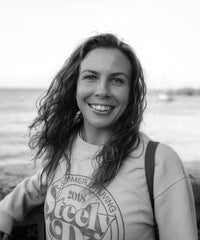
Denise Pietsch (pronounced “Peach”) currently manages Ikelite’s Photo School and social media presence. Denise hails from New Jersey, where she obtained a degree in Dance Therapy. After years teaching dance she migrated into the corporate world and eventually came around to Ikelite via the natural career path of fruit distribution and early childhood development. In the end, her lifelong love of photography and octopuses combined into the work she does now. In addition to sharing her energy and enthusiasm with the underwater community she also manages social media for her dog, Joe, collects vinyl records, and enjoys creating memories with her friends and family.
Additional Reading
Exposing the Hidden Beauty of the Everglades
Our Favorite Underwater Photography Podcasts | Part 5
Why Is the Ocean So Bright When You Turn Off Your Lights?
Washed Ashore: Using Discarded Plastic to Save the Sea
Where Postage Stamps, Cancer Research, and the Smithsonian Museum Meet





